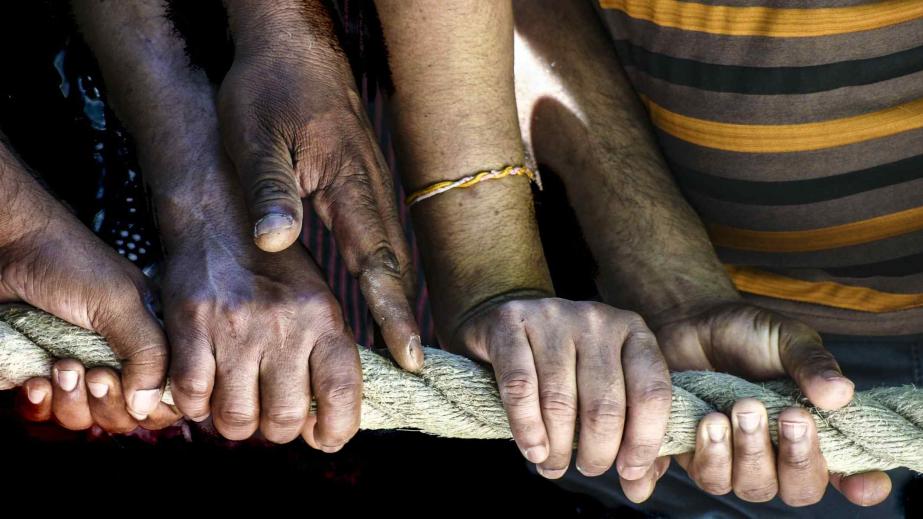Il Piano Mattei e la politica italiana di cooperazione allo sviluppo
On 19 February IAI, in partnership with Focus 2030 and the Compagnia di San Paolo Foundation, organized a round table closed doors under the Chatham House rule on the implications of the new Mattei Plan for Italian development cooperation policy and how this fits into the context of Italy's development cooperation policy taking into account the broader international context, including the role of the Italian Presidency of the G7.
Lorenzo Ortona, representing the Presidency of the Council, kicked-off the event with a presentation of the new Plan. After this keynote address, representatives of the Italian MFA, the Ministry of Finance, Cassa Depositi e Prestiti, the Italian Agency for Development Cooperation and ENI intervened to discuss how the Mattei Plan can best coordinate with the initiatives and programs already in place at both Italian and European level. During the debate, a series of issues were raised relating to the governance of the Plan, the resources allocated, and the role that civil society can play in the design and implementation phase of the projects that will be launched.
The round table was organized as part of the project called A new agenda for development: the role of development cooperation in the Italian G7 Presidency which IAI is leading in partnership with Focus 2030 and the Compagnia di San Paolo Foundation to promote the debate on development cooperation in Italy, bringing attention back to the DAC objective of reaching 0.7% of GNI in Official Development Assistance (ODA), especially in light of the challenges posed by a post-pandemic world.
The event involved around 50 participants, including institutional actors (the Ministry of Economy and Finance, the Ministry of Foreign Affairs and International Cooperation, G7 experts from the Presidency of the Council, Cassa Depositi e Prestiti, the Italian Agency for Development Cooperation, private sector, banks), as well than experts and representatives of civil society.



